Alright – so today we’ve got the honor of introducing you to Erin Bartels. We think you’ll enjoy our conversation, we’ve shared it below.
Erin, so great to have you with us and we want to jump right into a really important question. In recent years, it’s become so clear that we’re living through a time where so many folks are lacking self-confidence and self-esteem. So, we’d love to hear about your journey and how you developed your self-confidence and self-esteem.
When I first started writing I felt that I was at a disadvantage because I had a good childhood. There’s a myth that has been built up around artists and musicians and other creative people that you have to be rebelling against something in order to have anything important to say. That you have to be fighting to prove yourself against the people who told you you couldn’t, the people who held you down. But I quickly realized that my good childhood was one of my greatest strengths.
I grew up believing in myself and my ability to achieve my goals because I never got any other message from the adults in my life. My parents, my teachers, my coaches–all of them instilled in me the drive to succeed and the expectation that I would, as long as I put in the effort. Their confidence in me became my confidence in myself. Their esteem for me as a person became my self-esteem. So when I began to write with an eye toward publication, I never doubted that I would have a career as an author if I just kept at it.
In my interactions with young and aspiring writers, I try to follow their example. You can learn how to do anything if you put the time in. And if you never quit, eventually you will succeed.
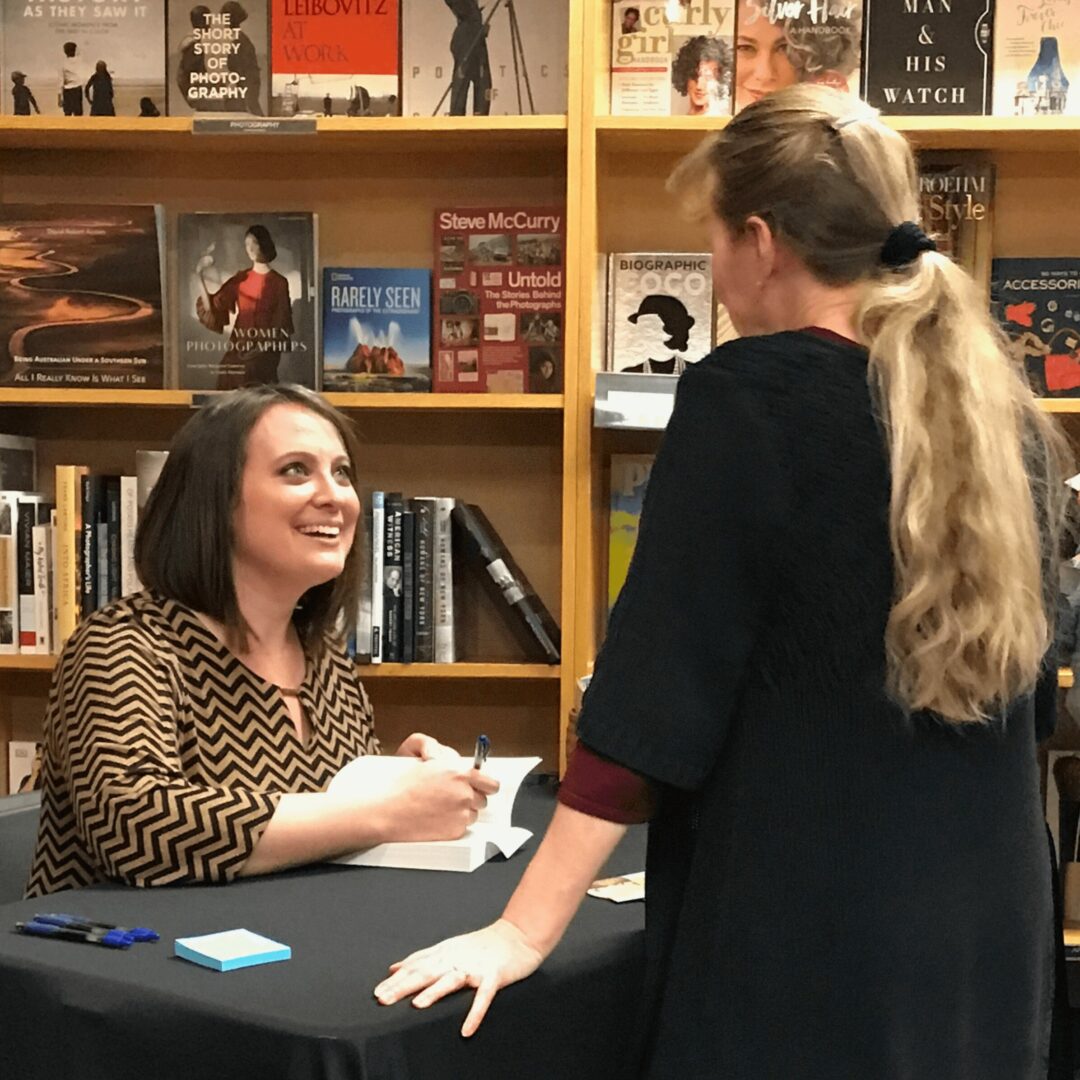
Appreciate the insights and wisdom. Before we dig deeper and ask you about the skills that matter and more, maybe you can tell our readers about yourself?
I write character-driven fiction for curious people. My readers know to expect that each of my novels will tell a unique story about fallible characters so tangible that it’s hard to believe they are not real people. Whether urban, rural, or somewhere in between, my settings come alive with carefully crafted details that engage all the senses and transport the reader to a singular time and place. And my themes of reckoning with the past, improving the present, and looking with hope to the future leave my readers with a sense of peace and possibility.
I am the award-winning author of six novels: We Hope for Better Things, The Words between Us, All That We Carried, The Girl Who Could Breathe Under Water, Everything Is Just Beginning, and The Lady with the Dark Hair. In addition to writing novels, I have been a full-time professional copywriter for more than twenty years and work as a developmental editor on a freelance basis.
In my spare time I enjoy gardening, painting, sewing, photography, quilting, and listening to records on my dad’s old stereo equipment. My favorite places to hang out with family and friends are on my front porch or in the cigar lounge in our back yard.
I’m currently working on my seventh novel.
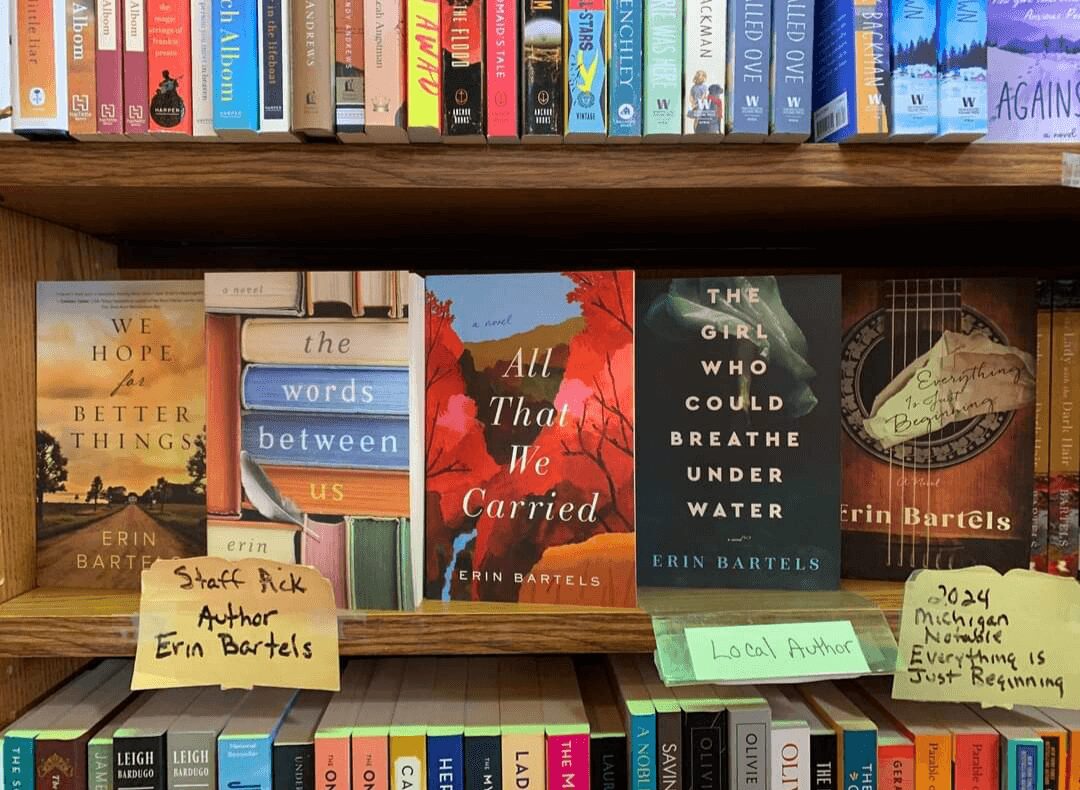
Looking back, what do you think were the three qualities, skills, or areas of knowledge that were most impactful in your journey? What advice do you have for folks who are early in their journey in terms of how they can best develop or improve on these?
When it comes down to it, the three qualities I think I’ve developed that help me succeed are curiosity, concentration, and courage.
First, curiosity. You have to like learning new things. In order to write the kinds of books I write, I rely on a good base knowledge of Western Civilization, starting with the Greeks all the way up through modern times–encompassing history, art, literature, politics, and culture. I also draw upon decades of close reading, literary criticism, reading for research, and reading for fun.
Second, concentration. Novels take a long time to write and you have to hold a lot of information and story in your head at one time. It’s important to have a long attention span, and that’s something that is always in jeopardy in our modern setting. Also, the process of finding an agent, then a publisher, then readers, takes a long time. There are many points at which people just quit because it’s taking longer than they thought it would. You have to be in this for the long haul.
Third, courage. Putting your art out there is putting yourself out there for all the world to see and judge. You will get criticism. You will get bad reviews. You will get turned down, rejected, and made to feel like you’re not good enough. But you do it anyway, because a novel is meant to be read. It takes courage and it takes believing in yourself, your art, your effort, your intentions.
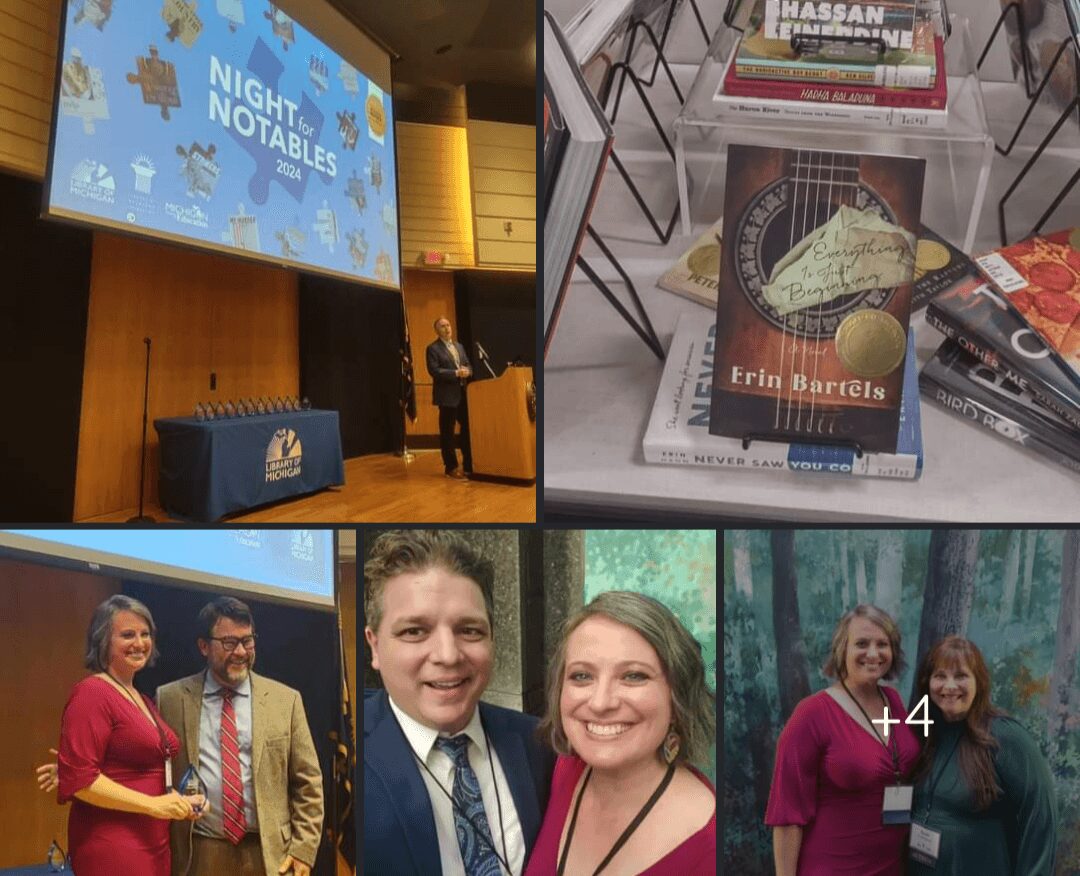
What was the most impactful thing your parents did for you?
I’ve been thinking a lot about my parents’ influence on me as earlier this year my dad died of a malignant brain tumor. If I had to boil down all of the many ways in which he and my mother impacted my life I would say one of the best things they did was not trying to make things easier. They didn’t coddle, didn’t accept excuses, didn’t respond to whining. If I did something wrong, I had to own it, apologize, and make it right. If I failed, I had to work harder next time. If I was being lazy, I was going to get more tasks to accomplish, not fewer. If I wanted to ace a test, secure a part in the spring musical, get on the team, I had to earn it. No one was going to argue, sweettalk, or bribe my way into a position of any kind.
Many parents today are doing their kids a terrible disservice by trying to smooth out all the wrinkles of life ahead of them. My parents never did that. Instead, they imparted a good work ethic, allowed me to learn how to lose, and encouraged me to do my best and be satisfied with the results.
Contact Info:
- Website: https://erinbartels.com/
- Instagram: https://www.instagram.com/erinbartelswrites/
- Facebook: https://www.facebook.com/ErinBartelsAuthor
- Linkedin: https://www.linkedin.com/in/erin-bartels-226aab2aa/
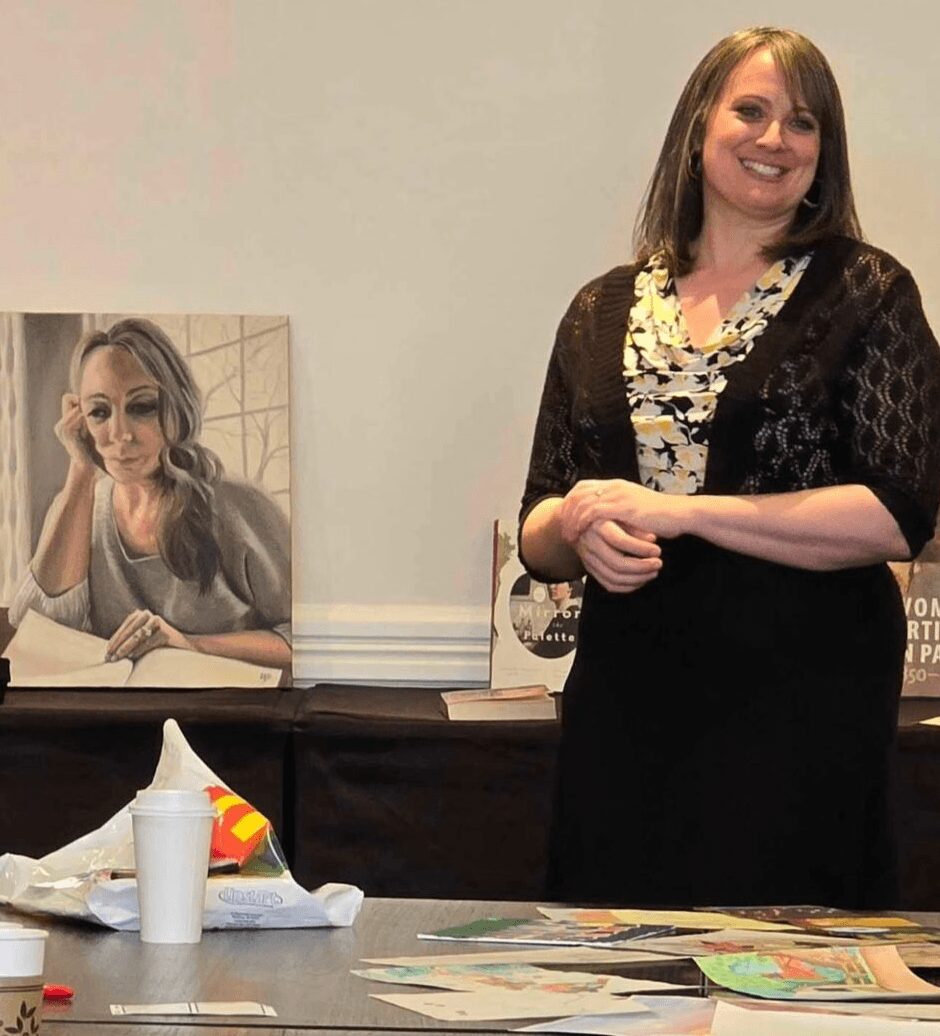
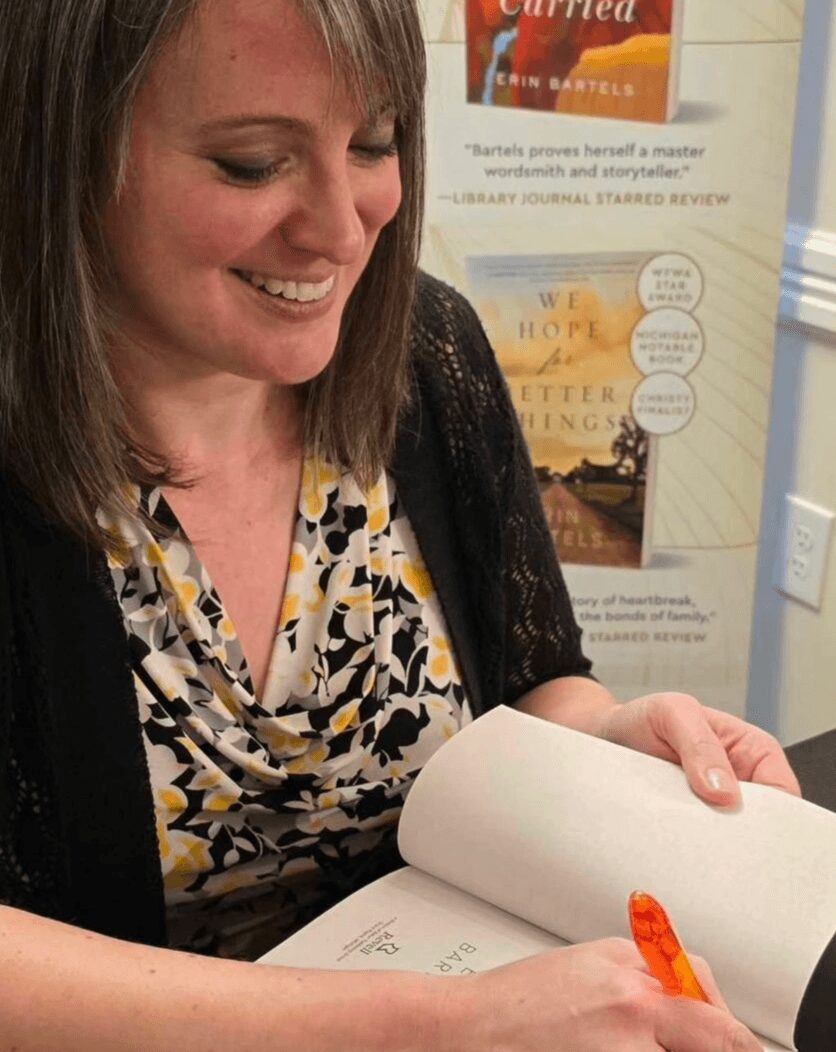
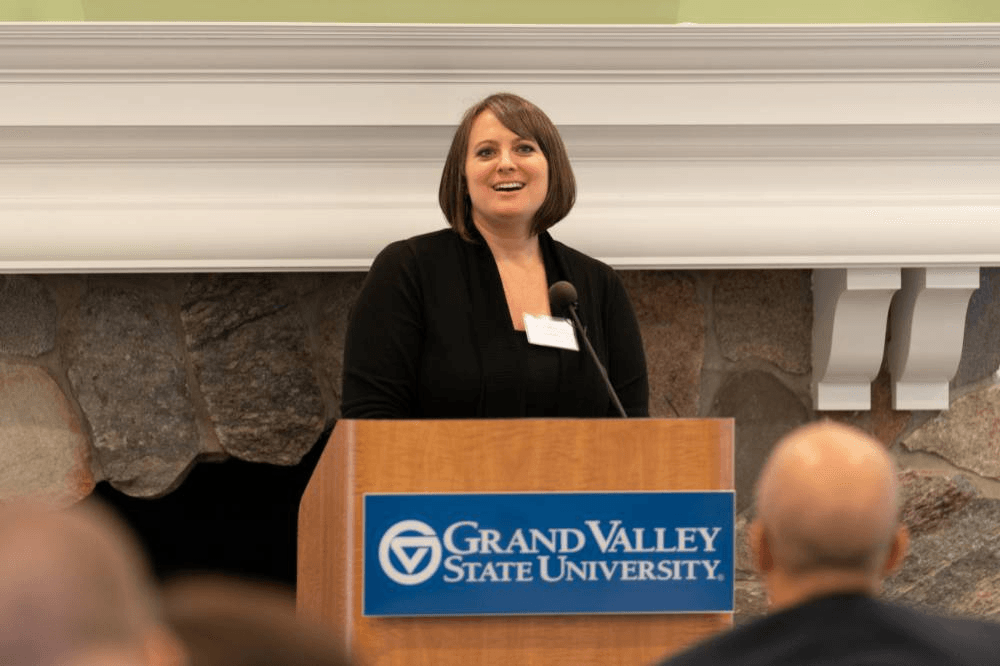
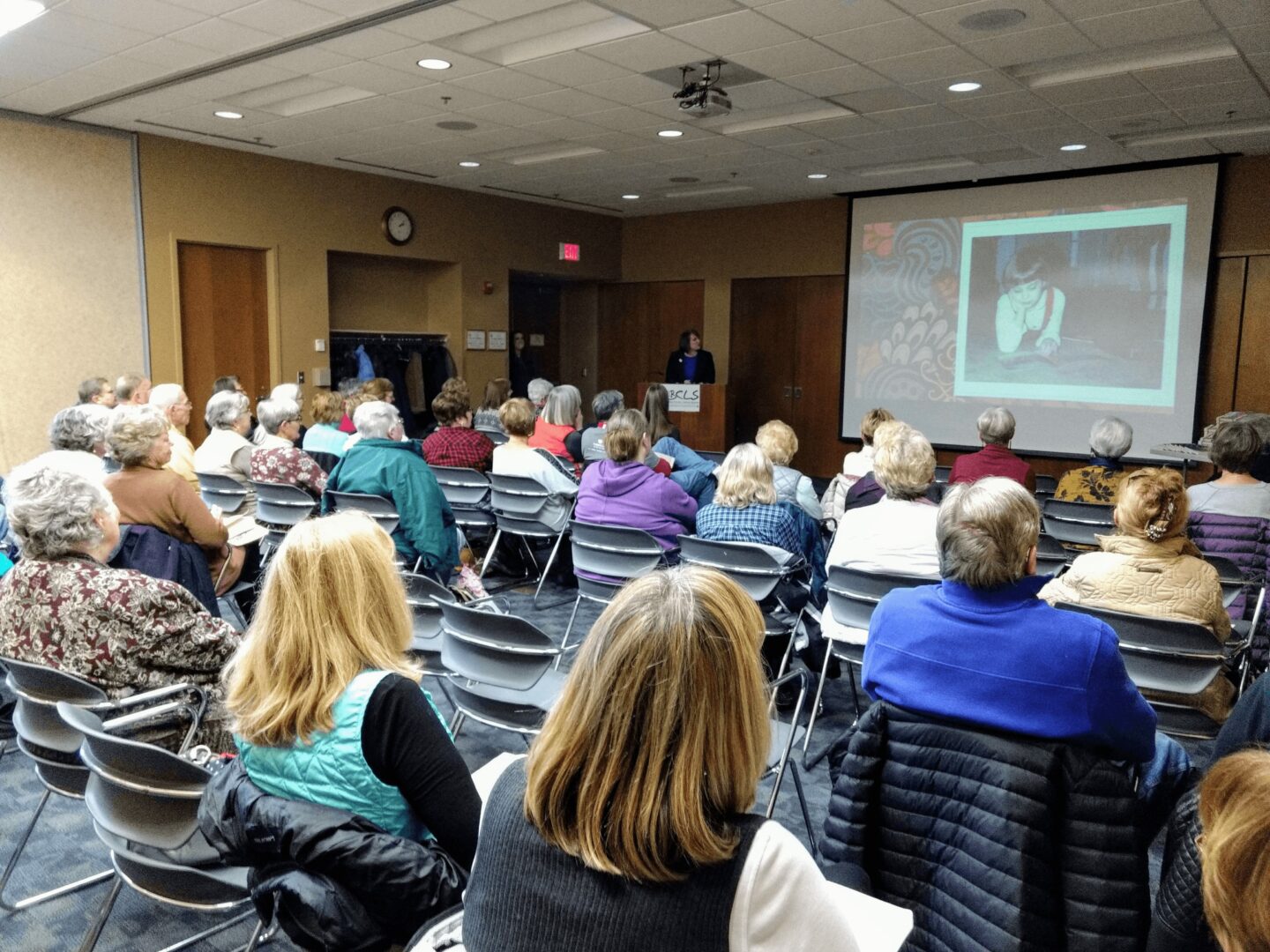
so if you or someone you know deserves recognition please let us know here.




